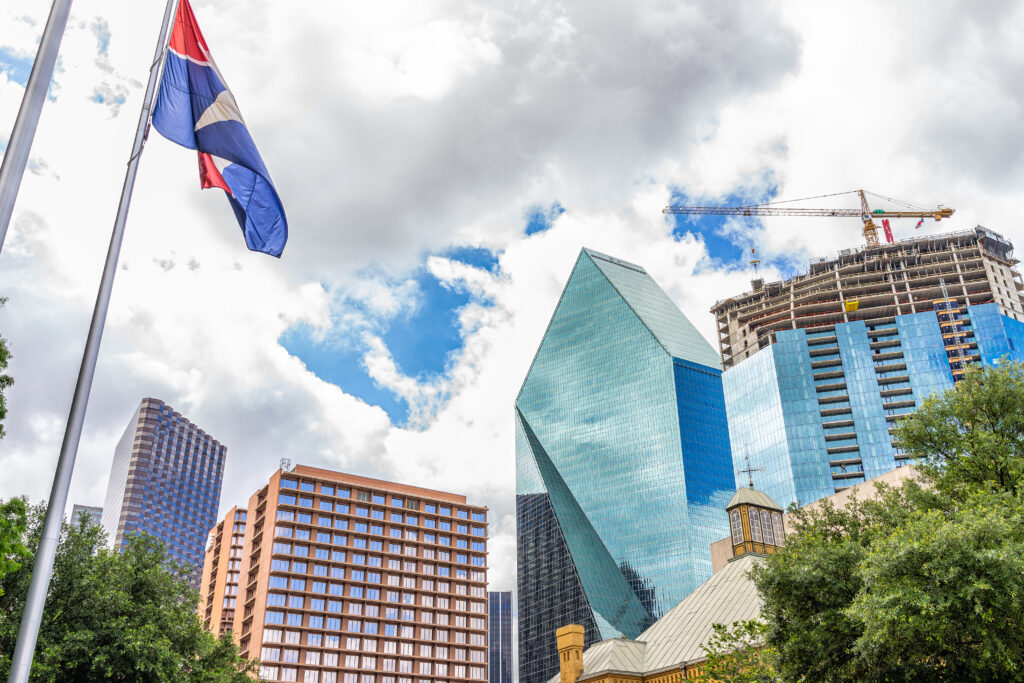
In recent times, the workforce landscape has witnessed a phenomenon known as “The Great Resignation.” The pandemic and its subsequent impact on work-life dynamics have prompted many employees to reevaluate their priorities, leading to a surge in voluntary resignations. However, this era of change has also given rise to a unique trend – the return of workers who are reimagining their careers and seeking new opportunities with fresh perspectives. In this blog, we delve into the dynamics of The Great Resignation and explore the emergence of a workforce returning with renewed vigor.
The Great Resignation refers to the wave of employees leaving their jobs, seeking better work-life balance, improved job satisfaction, and greater autonomy. The pandemic served as a catalyst for reflection, prompting many to prioritize personal well-being over conventional career paths. This mass exodus has posed significant challenges to employers, leading to talent shortages and necessitating a reevaluation of work culture and employee benefits.
The Great Resignation is driven by a myriad of factors. The rise of remote work has blurred geographical boundaries, empowering individuals to seek opportunities beyond their local area. Additionally, employees are demanding greater flexibility, inclusivity, and supportive work environments. The pandemic underscored the significance of personal time and family, prompting many to seek companies that prioritize work-life harmony.
Amidst The Great Resignation, there is a cohort of workers returning to the workforce with a fresh outlook. Some are opting for career shifts, seeking professions that align with their passions and values. Others are leveraging newfound skills, exploring entrepreneurship, or embracing the gig economy. This resurgence of reimagined careers marks a significant shift in the traditional employment paradigm.
“The return of workers to the workforce has prompted a focus on upskilling and reskilling. Both employers and employees recognize the importance of continuous learning to stay relevant in a rapidly changing job market. Employers are investing in training programs, enabling workers to adapt to emerging technologies and trends, ensuring a skilled and adaptable workforce.”
Corporate Recruitment Solutions, LLC
The shift towards remote work during the pandemic has proven successful for many organizations. In response to The Great Resignation, employers are increasingly embracing remote and hybrid work models to attract and retain talent. By offering flexible work arrangements, companies can cater to the preferences of workers seeking a better work-life balance.


Ultimate Business Strategy Solution
In the aftermath of The Great Resignation, organizations must prioritize nurturing a culture of appreciation and recognition. Employee recognition programs, career development initiatives, and supportive management play a pivotal role in fostering employee loyalty and engagement.

- Understanding The Great Resignation
- The Drivers of Change
- The Return of Reimagined Careers
- Upskilling and Reskilling
- Nurturing a Culture of Appreciation
- Embracing Remote and Hybrid Work
The Great Resignation has heralded a transformative era in the workforce. As workers embrace the pursuit of reimagined careers and prioritize personal well-being, employers must respond with agility and innovation. Embracing remote work, investing in upskilling, and fostering a culture of appreciation will not only attract returning workers but also ensure the organization thrives amidst change. This period of evolution presents an opportunity for both employees and employers to redefine work-life dynamics, fostering an empowered and resilient workforce for the future.
Corporate Recruitment Solutions, LLC
